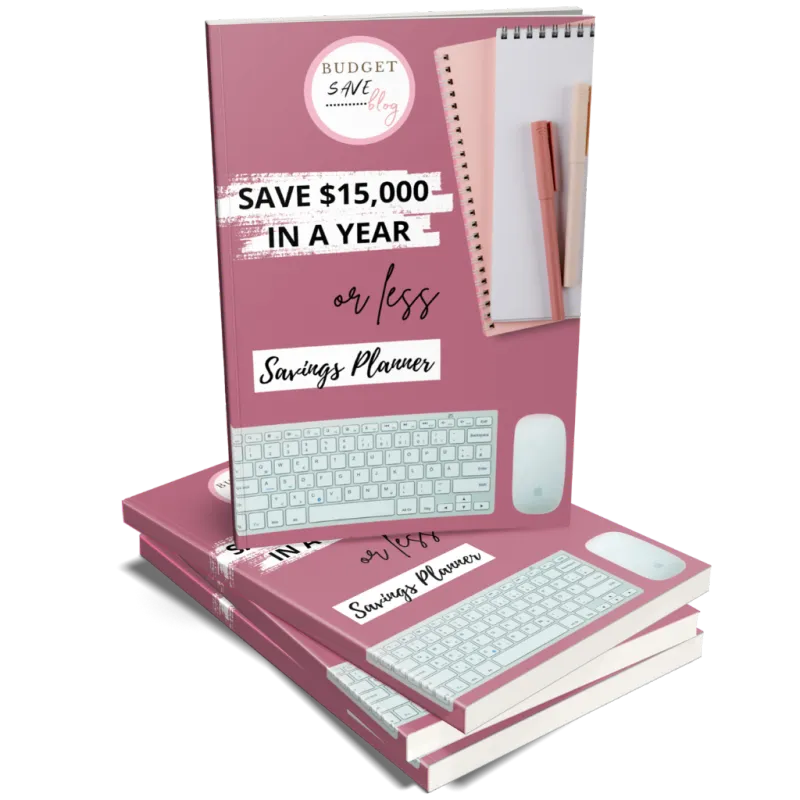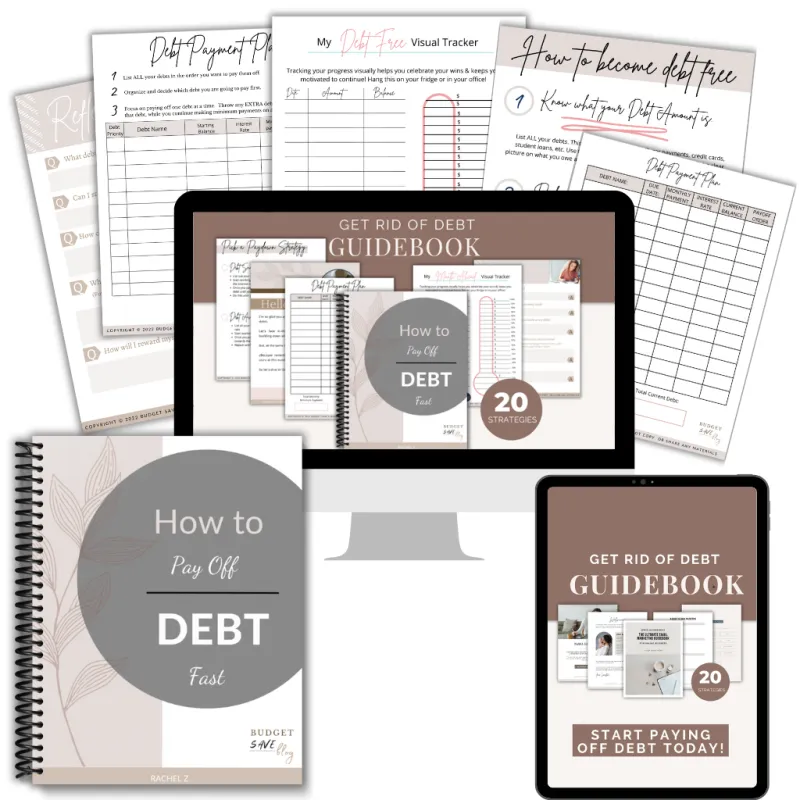Triple Your Savings Today

Let's Build Your Emergency Fund.
You deserve to feel safe, secure, and in control of your money. An emergency fund isn’t just about savings — it’s about peace of mind. It’s about knowing that one unexpected bill or life curveball won’t send you spiraling into stress or debt.
I created this savings planner book to help you finally start saving with intention — no more guessing, no more guilt. Just a simple, empowering way to track your progress and stay motivated.
💸 Ready to take the first step?
Shop the savings planner that’s helped hundreds of women just like you build real security.
.
Stop Feeling Broke Every Month:
Our savings planners and money binders help you build an emergency fund, break the cycle of paycheck-to-paycheck living, and finally feel in control of your finances.
Frequently Asked Question
Welcome to our FAQs section, here’s where you’ll find quick answers to common questions about our savings planners and money binders. Whether you’re just getting started on your financial journey or looking for tools to stay consistent with your savings goals, we’re here to guide you every step of the way.

What makes this savings planner different?
Our planner was designed for women who are tired of feeling stuck and overwhelmed by their finances. It’s simple, non-judgmental, and easy to use — even if you’ve never budgeted before. Plus, it includes visual trackers to help you stay motivated as you save.
Is this planner beginner-friendly?
Absolutely! Whether you’re new to budgeting or starting over, this planner walks you through the process step-by-step. No complicated terms, no pressure — just real tools to help you finally get ahead.
What’s inside the savings planner?
Each planner includes savings challenges, emergency fund trackers, monthly goals, and space to reflect on your progress. It’s designed to help you build consistency and stay focused on your financial goals.
How can a planner help me stop living paycheck to paycheck?
Using a physical planner helps you see your habits, build awareness, and make intentional changes. It keeps you accountable and helps you celebrate small wins — which adds up to big results over time.
How long does shipping take?
All orders are processed within 2–3 business days. Once shipped, delivery typically takes 5–7 business days within the U.S. You’ll receive a tracking number as soon as your order is on the way!
What’s your return policy?
Due to the nature of our products, all sales are final. But if there’s an issue with your order, don’t hesitate to reach out — we’ll make it right!
About Us
10X your savings with our powerful savings planners.
Contact Us
Email: [email protected]
Copyright© 2025 Budget Save And Blog - All Rights Reserved.




Facebook
Instagram
Youtube